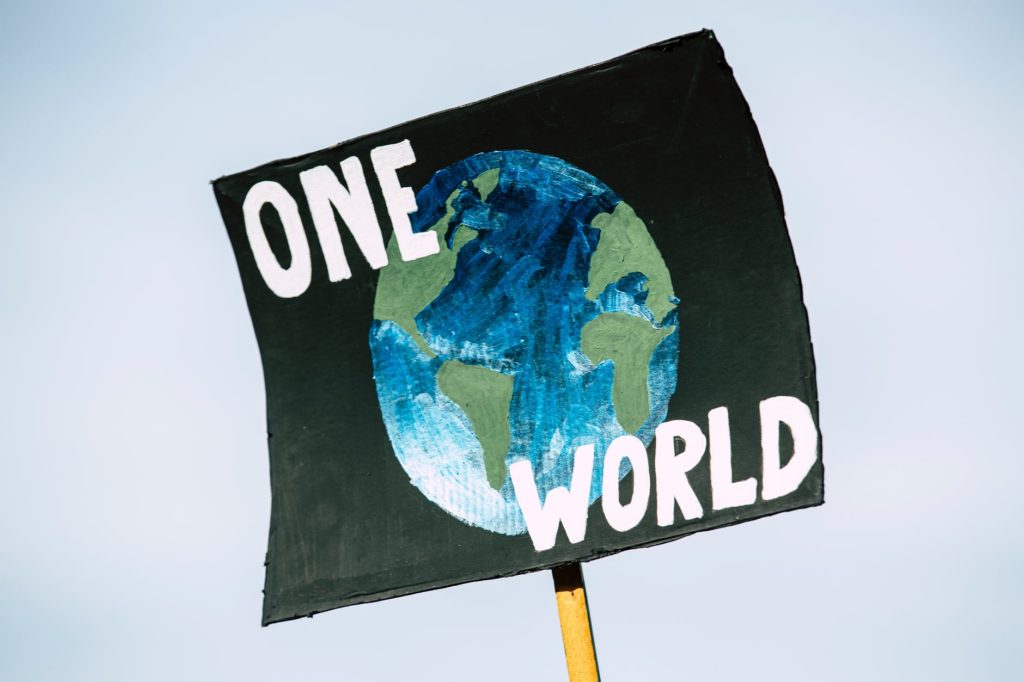South Africans, along with the rest of the world are rapidly depleting the Earth’s resources at twice the rate at which the ecosystem can recover. Earth Overshoot Day in the country falls on July 4 this year, and marks the point in a given year when the demand for resources and services have exceeded the point at which the planet can restore itself during that year, Good things guy explains.
Senior Lecturer in Strategy and Sustainability at the University of Stellenbosch Business School (USB), Dr Jako Volschenk says that nature replenishes what we consume each year like fish and orchards, yet South Africans have tragically been part of not allowing the Earth to recover for more than 50 years.
“Imagine the earth is a company – let’s call it Earth Ltd – and we, as citizens, are the board of directors. Our natural resources represent our only income generating asset, a savings account that earns interest every year. In nature, that interest comes in the form of resources that grow from nature, such as some fish populations known to grow by twenty percent every year. If we consume more than the twenty percent, we are reducing the population to a lower level than what it was a year earlier, which in turn reduces the yield in the following year.
“We have been running the company at a deficit for more than 50 years. Put differently, we have not had a positive cash-flow since 1969. And year after year, we are consuming a bigger share of our declining pool of nature savings,” he says.
Even though it’s useful to illustrate these concerns though the concept of using a company, Dr Volschenk says that limitations do exist when it comes to how the earth manages its bottom-line, Good things guy states.
“Viewing natural assets as a savings account fails to capture the importance that nature holds for humanity. Everything we have ever made, and everything we will still make in the future, draws from the natural resources around us. With less resources, our future capacity for production is compromised.
“In addition, when a company runs into financial trouble, usually it can be bought over by another company or the owners can take a loan from a bank. Earth does not offer a bail-out for us. We either have to turn our deficit around or accept that we will be the instigators of the first ever man-made mass extinction. We can’t be fired from our role – we are the only hope to turn the deficit into environmental restoration.”
“While overconsumption is the biggest driver, the world is also losing natural resources due to habitat encroachment, climate change, and ecologically damaging practices such as the use of pesticides. The pressure on Earth’s reproduction rate is closing in from all sides,” says Dr Volschenk.
For South Africa specifically, EOD took place almost a month later in 2020 than it did in 2019, proving that reducing per capita consumption of products and services can be effective in avoiding the destruction of our ecological resources in the short term.
Dr Volschenk observed that because of COVID-19, “driving less, flying less and buying less accounted for much of the reduced consumption we observed in 2020 in comparison to 2019.”
According to reports from The World Wildlife Fund, populations of wild animals have declined by an estimate of almost 70% in the last 50 years. But how do we stop this from getting any worse?
Here are six ways that have been outlined:
Circular economy: This can help reduce the need for virgin material.
Sharing economy: Improved forms of public transport and car-sharing services (post-Covid) can bring down both the cost of transport, as well as the environmental impact.
Servitization: The shift from an economy based on selling products to providing services has much potential.
Flexitarian diets: Switching to a flexitarian diet, which describes a vegetarian meal plan that allows very little meat can make a huge difference with regards to our food-footprint.
Renewables and storage: There are already countries who have committed to have net zero carbon footprints by 2050.
Voluntary simplicity: The voluntary simplicity movement is not only aimed at environmental ethics, but in positive psychology instead.
Picture: Pexels

